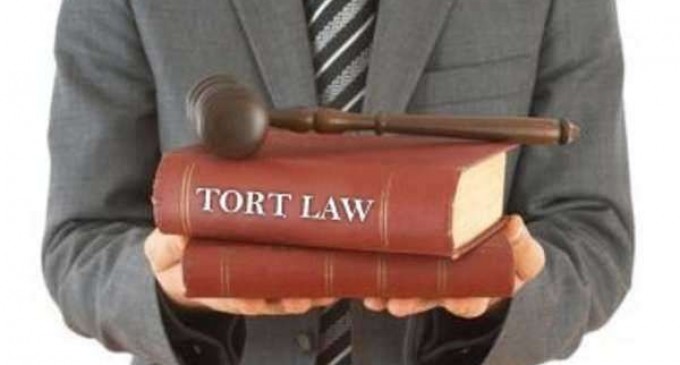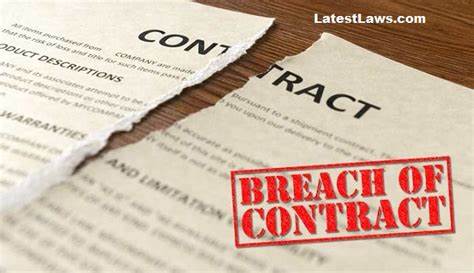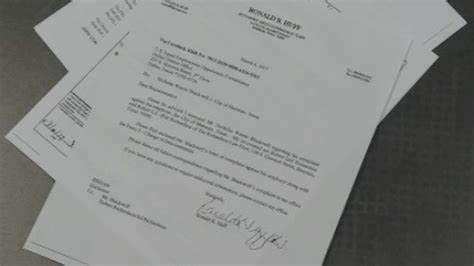We have all heard of civil cases and how the Civil lawyers of Adelaide are always busy with piles of files to sort. Simply defined, any legal dispute between two or more parties is categorised as a civil case. The person who files the lawsuit is referred to as plaintiff and can be against an individual or group of people who are the defendant(s). The top Lawyer of Adelaide fighting the civil cases aims to win compensation for damages, injuries or money for the plaintiff due to some actions by the defendant(s). The most common types of cases that are fought in the courts of Adelaide, Australia are listed as follows
Tort claims(injuries)

Tort or injury claims are perhaps the most common of the civil cases and can be further sub categorised into three parts –
- Intentional – which is defined as a deliberate wrongdoing
- Negligence – that is caused from unintentional injury or damage
- Strict liability – it is based on a strict duty to prove that the action is safe and does not involve negligence or intent.Whether the tort claims are accusations of alleged negligence or intentful actions, the plaintiff demands punitive damages as compensation for medical bills, work loos or expenses in reinstating the original condition of the property or replacing it. The common examples of tort claims include- Slip & fall, Assault & battery, False imprisonment, Fraudulence, Medical malpractice, Defective medical products leading to injury, Invasion of privacy, Emotional distress and/or Car or bicycle accidents.
Breach of contract

This civil claim is presented when there is discourse over a contract. Most of the time, these cases involve multiple businesses than individuals. When any dispute occurs over the agreed partnership or client relationship by any one party, it leads to a lawsuit. The types of contract disputes includes
disagreement between tenant and landlord / homeowner and building contractor
· clash over the sale of property
· Violation of the non-compete agreement / business agreement
· dispute over defective sold product
· Non-delivery of paid purchases
Equitable claims

Here, the plaintiff urges the court to order an individual a company to refrain from doing something, and is termed as injunction. There is no financial reward for a past injury but is more of an ultimatum to prevent the similar harmful act in the future. It can include cases where the plaintiff requests to cease a certain activity, asks to transfer property to the rightful owner, requests to repair to property because of its dangerous condition and likewise.
Class action claims

They are similar to tort cases, but the plaintiff here is a group of people while the defendant is often a corporation. Mostly, the cases are regarding accusations negligence or intentional acts leading to injuries. There are examples of claims against companies for exposing people to hazardous substances, causing multiple injuries, illness and even death from defective materials, resulting in accidents from defective auto parts or against individual or company(s), which have deceived people.
Complaints against the city

When a single person or a group files a claim against the city of federal government in order to get some justice that caused harm to citizens, this claim is filed. It can be also regarding those situations when someone’s civil rights are violated.

